Town marks 70 years since German massacre
The town of Kragujavac is today remembering thousands of Serb civilians slaughtered there 70 years ago by the occupying German Nazi forces.
Friday, 21.10.2011.
13:41

The town of Kragujavac is today remembering thousands of Serb civilians slaughtered there 70 years ago by the occupying German Nazi forces. The executions of civilians in October 1941 came in retaliation for the casualties the Germans suffered in clashes with the Serbian resistance on October 16 along the Kragujevac - Gornji Milanovac road. Town marks 70 years since German massacre Ten German soldiers were killed and 26 wounded in the conflict. The massacre came as a result of an order issued by German General Franz Boehme on October 10, which said that 100 Serbs were to be shot for every German killed and 50 for every German injured. The killings started in villages around Kragujevac on October 19, continued in the city itself on October 20 and 21. Among the victims was an entire class of high school students. According to official data provided by the memorial park dedicated to the victims of the massacre - which included women, men and children - 2,794 people were killed in the space of three days. Of that number, 2,379 were executed in the town itself, and 415 in neighboring villages. Artists, students and people from all over Serbia come to the the Sumarice memorial park in Kragujevac every year to commemorate the victims. Today, SPC Bishop Jovan of Lipljan held the memorail service, while the ceremonies were attended by Serbian President Boris Tadic, Serbian Parliament Speaker Slavica Djukic-Dejanovic, Prime Minister Mirko Cvetkovic with members of his cabinet, Russian Ambassadors to Serbia Aleksandr Konuzin, and German Ambassador Wolfram Maas. The top state officials are seen at the memorial (Tanjug) "Victims caution to overcome differences" Boris Tadic told the gathering today that the memory of the victims the Serbian people had in the 20th century obligate it to overcome both historic and current political and ideological differences. This memory also obligates us to create a civil and tolerant society on the ideals for which many Serbian citizens laid their lives, said President Tadic at the memorial service held on the 70th anniversary of the mass shooting in Sumarice. He said great sacrifices are built into the foundations of Serbian statehood and a historic remembrance of the victims is an indelible part of the Serbian state and national identity. Their sacrifices make sense only if a safe future, durable peace and regional cooperation lie ahead for Serbia, Tadic said. Historic heritage also teaches us that the best path for the Serbian people is that of winning personal freedoms, democracy and rule of law, he said. "That is why today we must also have the strength to condemn those who did wrong to others in the name of our people," Tadic said. Recalling that 11,522 people were killed in the uprising of 1941 and 21,800 more civilians were shot by the Nazis in retribution, Tadic said that in World War Two the Serbian people upheld its libertarian tradition and readiness to defend its hard-won freedom at any cost. "The fall of 1941 was one of the most tragic moments for Serbia and the Serbian people in the last two centuries. The biggest victims were our compatriots, but the Jews and Roma also endured great suffering. On this day, it is our duty to remember all victims of World War Two who were killed just because they were Serbs and we especially recall the genocide against Serbs, Jews and Roma in the so-called Independent State of Croatia (NDH)," Tadic said. "Today we recall all those killed in the fight for freedom and condemn all those who collaborated with the occupying forces," Tadic said. Sumarice, he concluded, do not allow us to forget all the murdered civilians and resistance fighters, members of the Partisan and Ravna Gora movements, as well as the Red Army which joined the fight for the liberation of Serbia.
Town marks 70 years since German massacre
Ten German soldiers were killed and 26 wounded in the conflict.The massacre came as a result of an order issued by German General Franz Boehme on October 10, which said that 100 Serbs were to be shot for every German killed and 50 for every German injured.
The killings started in villages around Kragujevac on October 19, continued in the city itself on October 20 and 21. Among the victims was an entire class of high school students.
According to official data provided by the memorial park dedicated to the victims of the massacre - which included women, men and children - 2,794 people were killed in the space of three days. Of that number, 2,379 were executed in the town itself, and 415 in neighboring villages.
Artists, students and people from all over Serbia come to the the Šumarice memorial park in Kragujevac every year to commemorate the victims.
Today, SPC Bishop Jovan of Lipljan held the memorail service, while the ceremonies were attended by Serbian President Boris Tadić, Serbian Parliament Speaker Slavica Đukić-Dejanović, Prime Minister Mirko Cvetković with members of his cabinet, Russian Ambassadors to Serbia Aleksandr Konuzin, and German Ambassador Wolfram Maas.
"Victims caution to overcome differences"
Boris Tadić told the gathering today that the memory of the victims the Serbian people had in the 20th century obligate it to overcome both historic and current political and ideological differences.This memory also obligates us to create a civil and tolerant society on the ideals for which many Serbian citizens laid their lives, said President Tadić at the memorial service held on the 70th anniversary of the mass shooting in Šumarice.
He said great sacrifices are built into the foundations of Serbian statehood and a historic remembrance of the victims is an indelible part of the Serbian state and national identity.
Their sacrifices make sense only if a safe future, durable peace and regional cooperation lie ahead for Serbia, Tadić said.
Historic heritage also teaches us that the best path for the Serbian people is that of winning personal freedoms, democracy and rule of law, he said.
"That is why today we must also have the strength to condemn those who did wrong to others in the name of our people," Tadić said.
Recalling that 11,522 people were killed in the uprising of 1941 and 21,800 more civilians were shot by the Nazis in retribution, Tadić said that in World War Two the Serbian people upheld its libertarian tradition and readiness to defend its hard-won freedom at any cost.
"The fall of 1941 was one of the most tragic moments for Serbia and the Serbian people in the last two centuries. The biggest victims were our compatriots, but the Jews and Roma also endured great suffering. On this day, it is our duty to remember all victims of World War Two who were killed just because they were Serbs and we especially recall the genocide against Serbs, Jews and Roma in the so-called Independent State of Croatia (NDH)," Tadić said.
"Today we recall all those killed in the fight for freedom and condemn all those who collaborated with the occupying forces," Tadić said.
Šumarice, he concluded, do not allow us to forget all the murdered civilians and resistance fighters, members of the Partisan and Ravna Gora movements, as well as the Red Army which joined the fight for the liberation of Serbia.










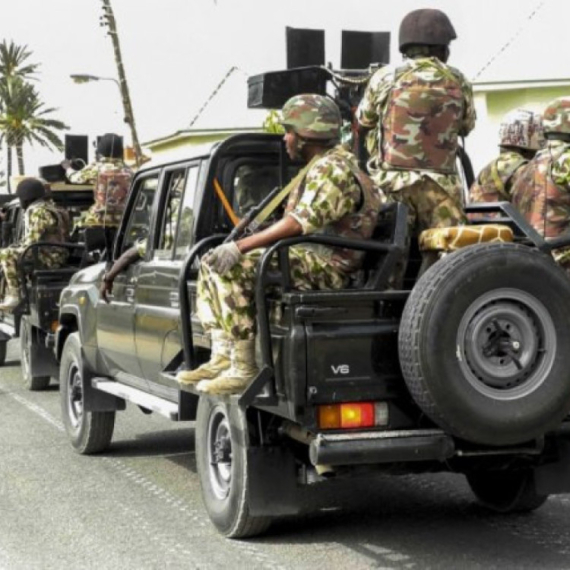

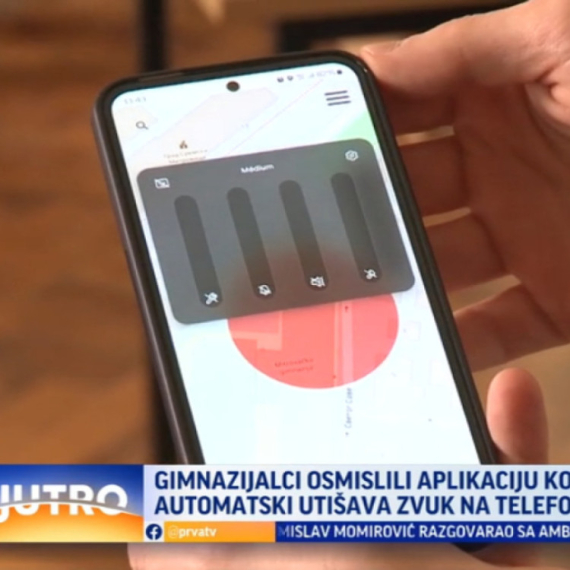

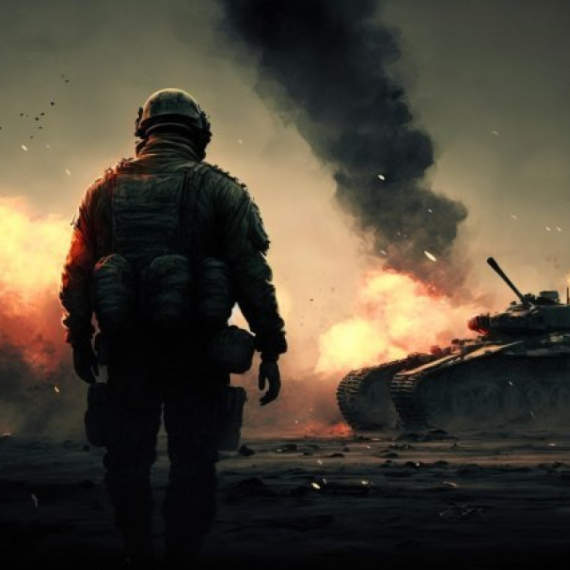
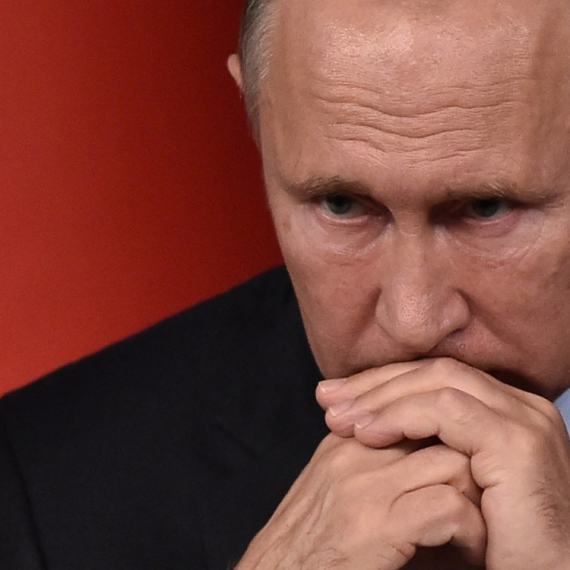
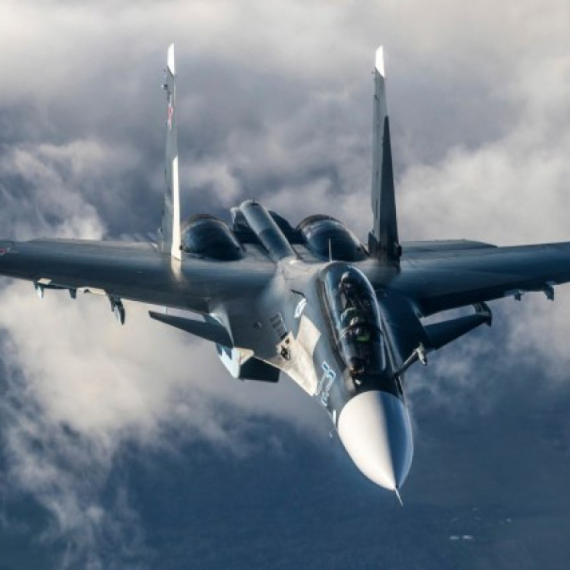
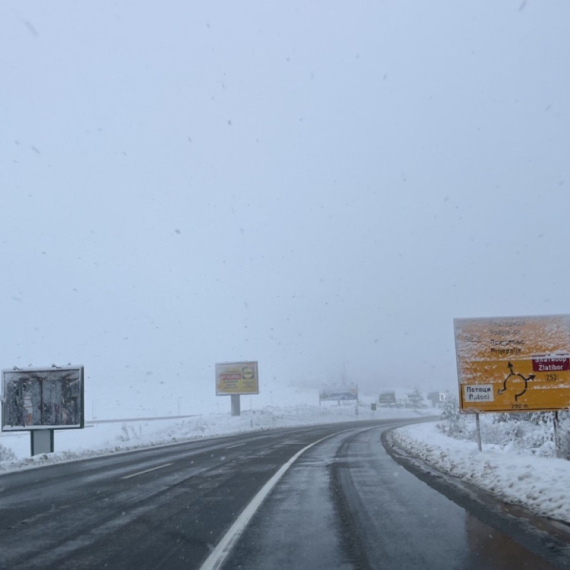
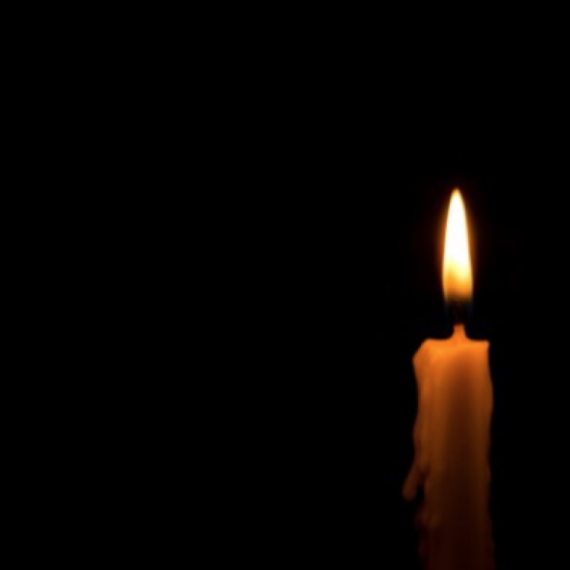
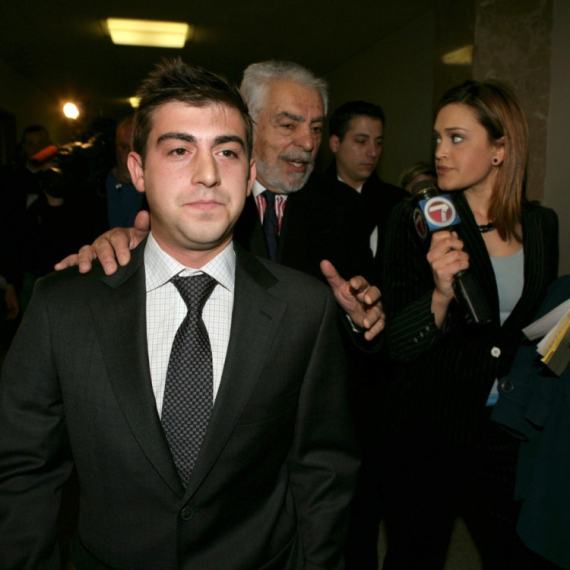

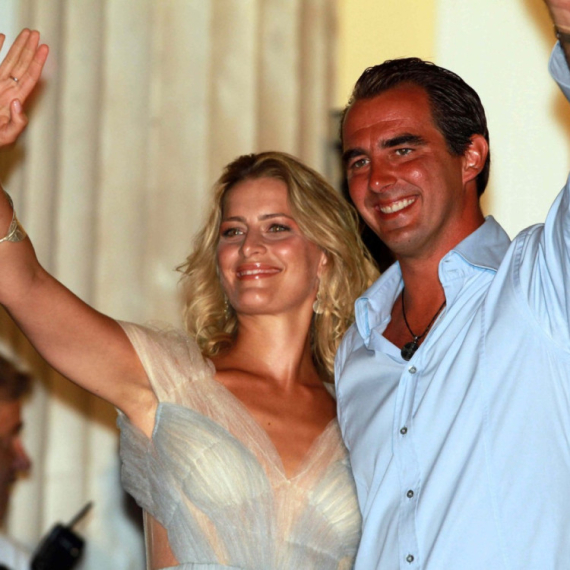






















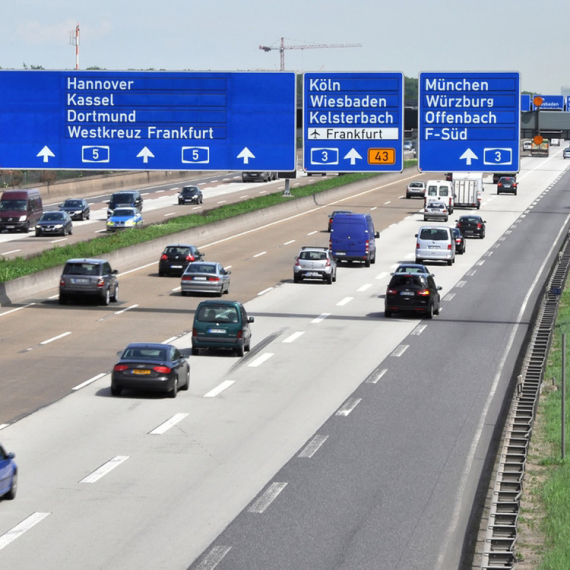




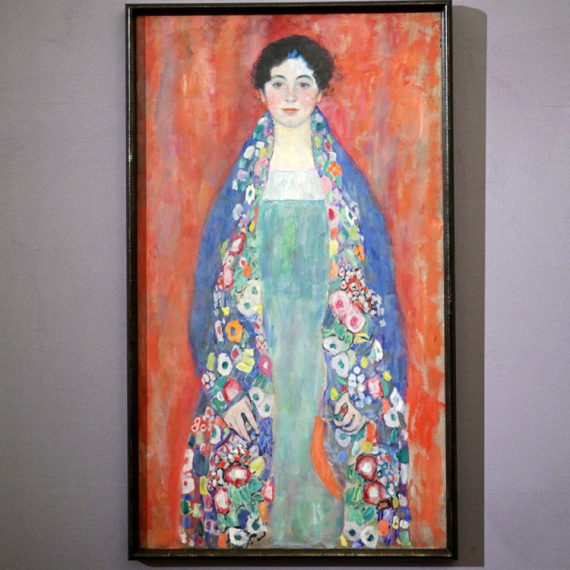



Komentari 14
Pogledaj komentare